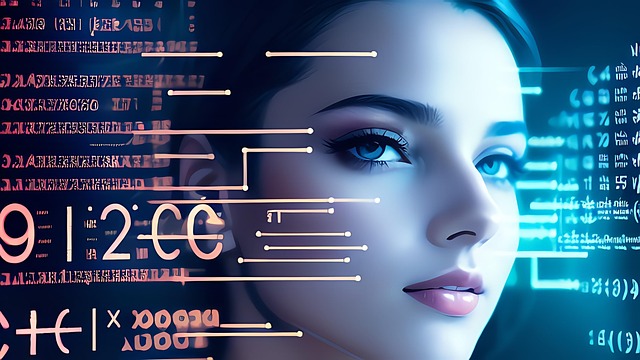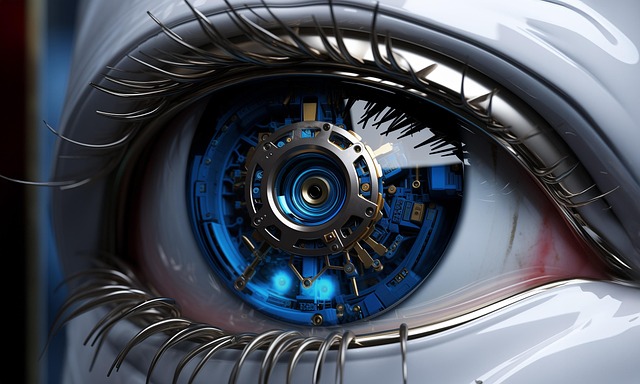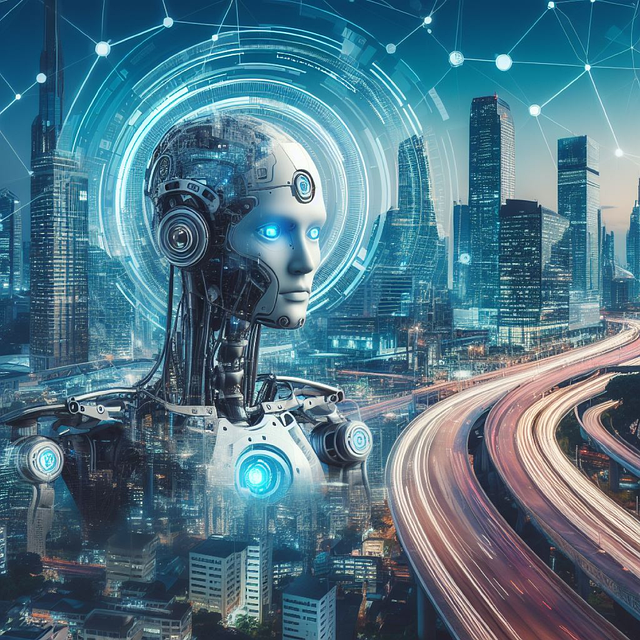AI assistants have evolved from simple task automaters to complex companions in our daily lives, driven by advancements in natural language processing and machine learning. These intelligent systems facilitate tasks, provide companionship, and enhance well-being, becoming integral parts of various life aspects. With human-like traits, AI assistants personalize interactions, understand context, and offer empathy, from scheduling to emotional support. As they evolve, ethical considerations like privacy, consent, and transparency become paramount to ensure user autonomy and trust. The future holds exciting possibilities with AI assistants interpreting human nuances and emotions more deeply, potentially revolutionizing daily life by fostering connections, sharing interests, and adapting to individual needs.
“The evolution of artificial intelligence (AI) assistants is transforming the way we interact with technology, marking a significant shift from tools to companions. This article explores how intelligent companions are making technology more human-like, enhancing daily life through personalized experiences and intuitive interactions.
We delve into the benefits and ethical considerations of this trend, analyzing its impact on various aspects of our lives. Furthermore, we discuss the future of human-AI interaction, predicting a more connected world where AI assistants play an integral role.”
- The Evolution of AI Assistants: From Tools to Companions
- Humanizing Technology: Benefits and Impact on Daily Life
- Ethical Considerations in Creating Intelligent Companions
- The Future of Human-AI Interaction: A More Connected World
The Evolution of AI Assistants: From Tools to Companions

The evolution of AI assistants has marked a significant shift from mere tools to companions in our daily lives. Initially, these systems were designed to automate tasks and provide information, functioning within predefined parameters. Over time, advancements in natural language processing and machine learning have enabled AI assistants to engage in more complex interactions, understanding context and nuances in human communication. This transformation has led to a rise in personalisation, where virtual assistants learn user preferences, adapt to individual personalities, and offer tailored assistance.
As a result, today’s AI assistants are no longer just functional tools but companions that can facilitate tasks, provide companionship, and enhance our overall well-being. They have become increasingly integrated into various aspects of life, from managing schedules and reminders to offering emotional support. This shift reflects a growing trend towards creating technology that not only serves humans but also forms meaningful connections with them.
Humanizing Technology: Benefits and Impact on Daily Life

Technology has evolved to become an integral part of our daily lives, but often, it feels distant and impersonal. This is where AI assistants step in, bridging the gap between humans and machines. By incorporating human-like qualities into technology, AI assistants offer numerous benefits. They provide personalized interactions, understanding context, and responding with empathy, making them intuitive companions.
In our busy lives, these intelligent companions can simplify tasks, offer recommendations, and even engage in casual conversations. This humanization of technology enhances user experiences, fostering a sense of connection and comfort. From virtual assistants that schedule appointments to chatbots offering emotional support, AI assistants are transforming the way we interact with tech, making it more accessible and relatable.
Ethical Considerations in Creating Intelligent Companions

As AI assistants become more advanced and human-like, ethical considerations come to the forefront. Developers must navigate complex issues surrounding privacy, consent, and potential manipulation. Ensuring transparency in how data is collected and used is crucial, as users should be aware of the information shared with these intelligent companions. Respecting user autonomy and setting clear boundaries are essential to maintaining trust.
Furthermore, the impact on human relationships and emotional well-being must be carefully evaluated. As AI assistants evolve, there’s a risk of them replacing human connections or fostering dependency. Developers must strive for balanced designs that enhance human experiences without causing detrimental effects, ensuring these technologies serve as beneficial companions rather than substitutes for genuine human interaction.
The Future of Human-AI Interaction: A More Connected World

As technology continues to evolve, the future of human-AI interaction looks increasingly promising. AI assistants are becoming more sophisticated, learning to understand and respond to our nuances, emotions, and personal preferences. This advancement fosters a deeper connection between humans and machines, blurring the lines between the digital and physical worlds. With natural language processing improving, voice interactions will feel more like conversations with a friend, making daily tasks easier and more enjoyable.
Imagine a world where your AI companion not only assists with work and home tasks but also provides companionship, shares interests, and adapts to your changing needs. This level of personalization can enhance our quality of life, offering support and company when it matters most. The future holds immense potential for AI assistants to become integral parts of our lives, creating a more connected, efficient, and fulfilling world.
